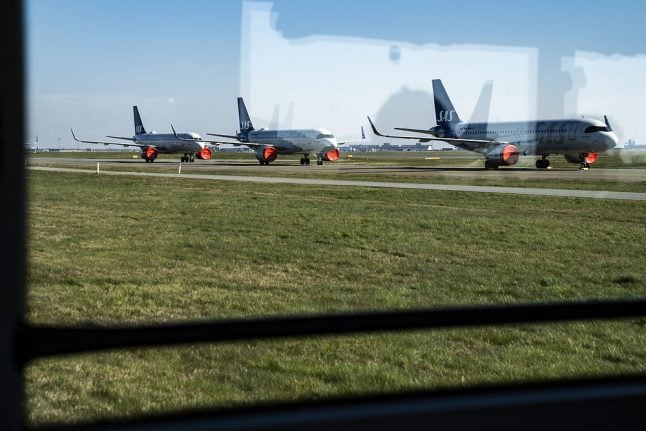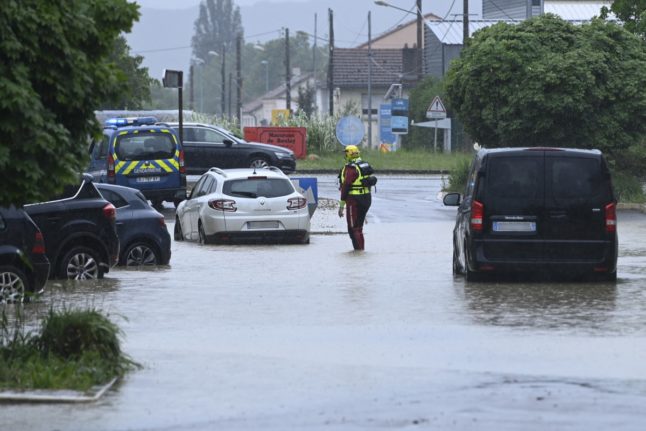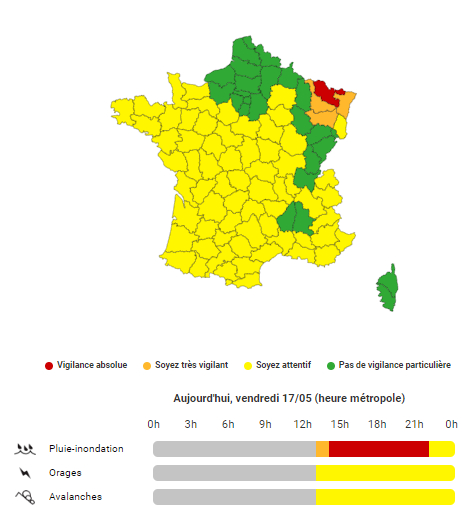The decision was confirmed by the Danish Ministry of Foreign Affairs on Thursday afternoon.
One of the Danish criteria for designating a country ‘open' for travel is that the number of current coronavirus infections in the last week must be below 20 per 100,000 inhabitants.
Once a country is open, the critical limit for when travel advisories are tightened again is set at 30 cases of infection per 100,000 residents, measured over the past week.
France and Croatia are now both over this limit with figures at around 33 and 34 cases per 100,000 residents respectively, according to the European Centre for Disease Prevention and Control (ECDC), the EU agency monitoring the data.
The travel advisories are not legally binding and it is therefore not illegal not to follow them, but the Danish foreign ministry advises people who travel to France after August 27th to stay at home for 14 days after returning to Denmark.
Danes and Danish residents currently in France can stay in the country until the end of their holiday, according to the updated travel advice on the Danish foreign ministry website. In such cases, the ministry advises getting a test for Covid-19 on returning to Denmark but does not ask travellers to home quarantine.
The same guidelines apply to Croatia.
Both countries are popular destinations for Danish tourists.
“A lot of holidays to Croatia have been going on, so it means a lot for the travel industry side, because we organise a lot of trips there,” Lars Thykier, CEO of the Danish Travel Agency Association, said to Ritzau.
“France is a little different because travel there takes a varying number of forms. It is more than just holiday travel, so it means a lot that (France) will now be a closed country,” Thykier added.
In addition to the number of new cases, health authorities also base recommendations on the number of tests a country is conducting and the proportion of tests which return positive. A maximum of five percent of those tested may test positive.
Danish authorities are no longer advising against travel to Bulgaria, reversing its ‘closed’ status of the past four weeks.
Once a country has been ‘closed’ for travel, one of the criteria for designating a country ‘open' again is that the number of coronavirus infections must be below 20 per 100,000 inhabitants during the last seven days.
Although Bulgaria has been below that number since last week, the country does not meet Denmark's criteria for testing. However, Danish authorities have applied a safety margin where the number of infections in the country is multiplied by 1.5.
The purpose of this is take into account that there may be more infected people in the country than official figures show.
Bulgaria's number of infected people has fallen further in the past week to around 12 per 100,000 inhabitants, according to the ECDC.
That number is significantly low for travel advisories against Bulgaria to be dropped even though it fails to meet testing criteria.
Denmark opened its borders for travel to the majority of EU and Schengen countries, along with the United Kingdom, in July after previously closing its borders at the outbreak of the coronavirus pandemic.
READ ALSO: Denmark advises against travel to Spain and postpones part of re-opening






 Please whitelist us to continue reading.
Please whitelist us to continue reading.
Member comments